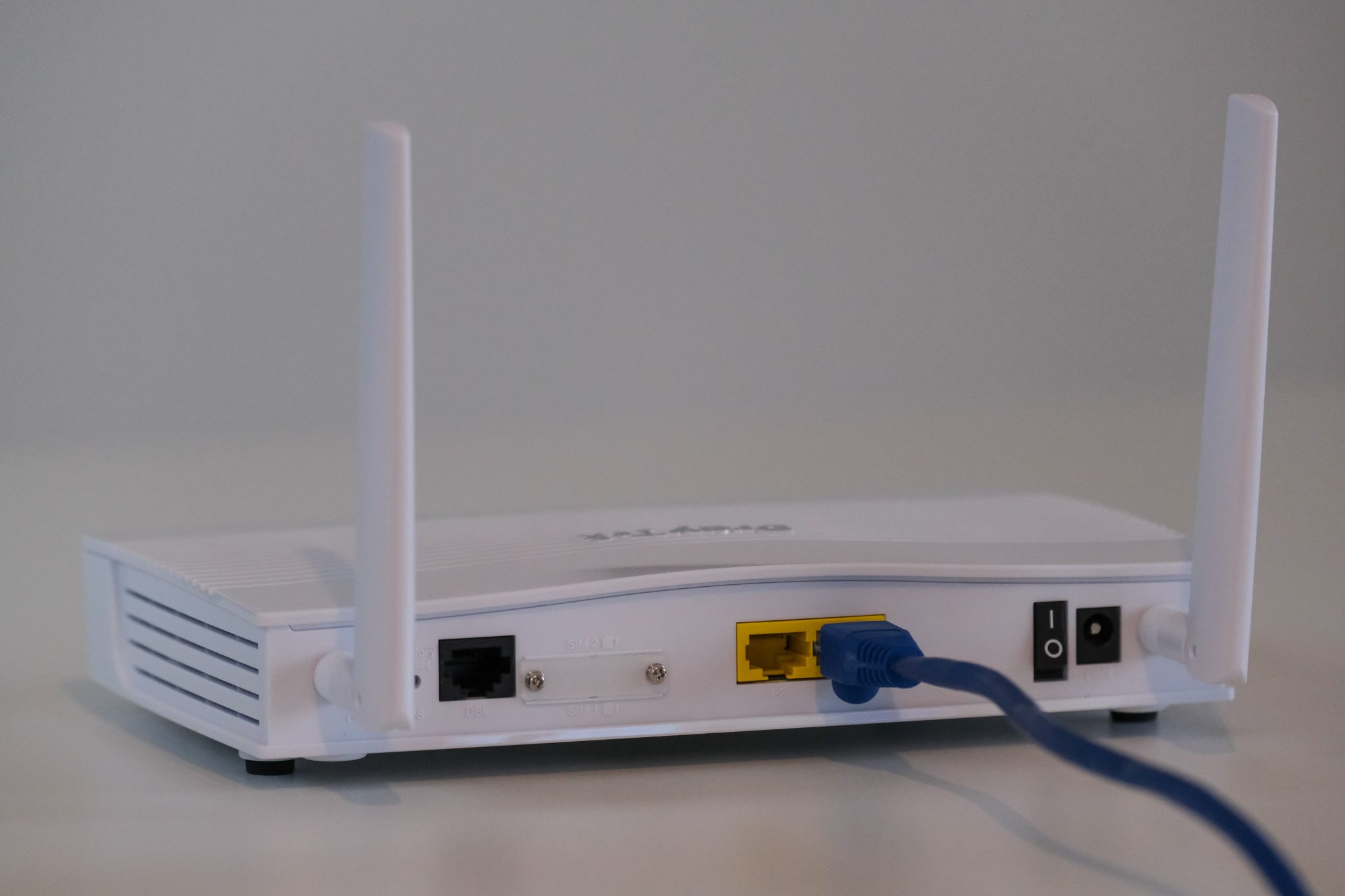(The Center Square) – Officials and providers said Louisiana residents living in underserved or unserved areas will likely start to see results soon from a nearly $1.36 billion federal grant.
The Louisiana House Commerce Committee conducted a hearing on the state’s broadband program, financed primarily with federal grants from the Broadband Equity Access and Deployment Program and American Rescue Plan Act.
Committtee Chairman and state Rep. Daryl DeShotel, R-Marksville, told the committee that the state received the eighth-largest allocation of the states. Louisiana has a deadline of Dec. 31, 2028, to spend those funds.
Veneeth Iyengar is the executive director of ConnectLA, which is the state’s broadband office. It was created by the second of two laws passed by the Legislature and signed into law by then-Gov. John Bel Edwards creating the Granting Unserved Municipalities Broadband Opportunities program, commonly referred to as GUMBO.
He said he’s visited 105 Louisiana communities in need of high-speed internet access.
“In 2020,” Iyengar said, “we clearly saw the need to addressing the broadband challenge and whether you’re a small business owner, whether you’re a farmer, whether you’re in public whether you’re a teacher or a student, the lack of broadband impacted every one of those constituents.”
Iyengar said $131 million of those funds have been used to connect 66,000 households and small businesses and the state has a deadline of Dec. 31, 2026, to spend the ARPA money or return it to the federal government.
Louisiana is also participating in other programs designed to bridge the digital divide and provide at least 25 megabits per second downloads and 3 Mbps upload speed.
The state, under the Federal Communication Commission’s Rural Digital Opportunity Fund, has received $342 million in the last six years to extend service to 175,000 locations.
Providers bid on the commission’s fund projects through a reverse auction process, which differs from a conventional one since it has one buyer and many potential sellers that compete for the lowest bid.
From the U.S Department of the Treasury’s Capital Projects Fund, the state received $176 million in 2020 to extend service to 80,000 locations. The first round of GUMBO grants were funded by these grants.
The biggest one is the Broadband Equity, Access, and Deployment program, with nearly $1.36 billion committed that will be administered by ConnectLA. Iyengar says that with a 25% match, that total will be closer to $1.7 billion.
He said construction of these networks, many of which will be high-speed fiber optic cable, will create 5,000 jobs to build and maintain them.
Also, he said that health care outcomes will improve as increased access to telehealth will help rural Louisianans, many of whom suffer from a dearth of primary care physicians.
House Speaker Pro Tem Mike Johnson, R-East Pineville, told the committee that his constituents constantly ask him about broadband service. The reason of one constituent, Johnson said with a laugh, was to be able watch their favorite soap opera on the streaming service Peacock.
“That person has the same vote as the one who wants to work on his doctorate degree from home,” Johnson said.
Ed Serna, the associate vice president for Government Affairs for Charter Communications, told the committee that his company was awarded funding for 25,000 locations in Louisiana. He said the company has met its Dec. 31, 2025, deadline to provide service to 40% of those locations two years early. He also said the company’s goal is have its program complete by the end of 2026.
Robert Rieger, an attorney with Adams & Reese representing Allens Communications, said his client has built 54 miles of fiber reaching about 383 of roughly 1,600 locations and are “within their construction timelines and they hit the milestones according to the program.”




